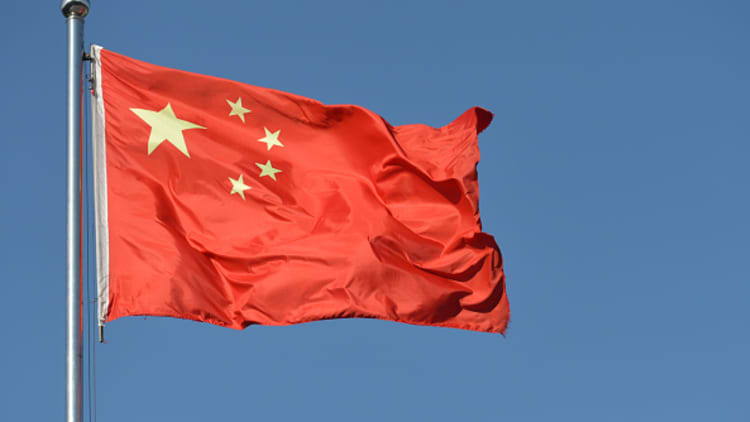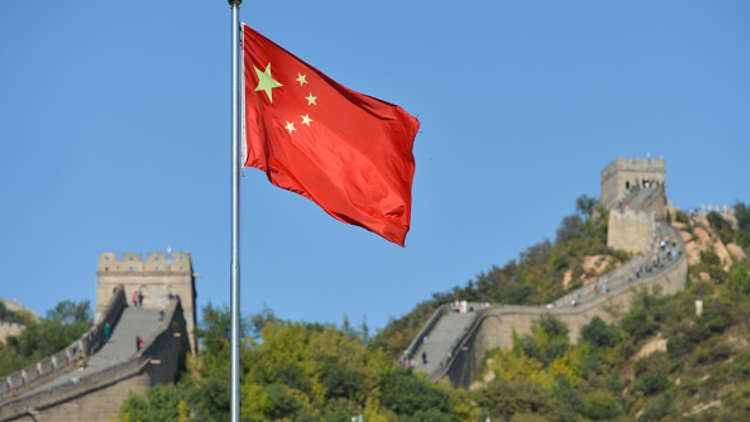
China is preparing to replace its Made in China 2025 policy with a program designed to allow foreign companies greater participation in the Chinese economy, according to The Wall Street Journal.
The prior policy, long criticized by the Trump administration as protectionist, was intended by China President Xi Jinping to foster the country's high-tech industries. The new plan would soften China's goal of manufacturing dominance, people familiar with the matter told the Journal.
The new plan could be introduced early next year, the sources said, when Washington and Beijing are expected to hasten trade talks to end their prolonged trade dispute.
U.S. stock futures jumped after the report.

A dinner between Xi and Trump at a Group of 20 summit earlier this month has offered a degree of optimism surrounding the trade talks after both countries agreed to suspend any new tariffs until 2019. Trump on Tuesday took to Twitter to highlight "very productive" conversations with Beijing, telling his followers to "watch for some important announcements!"
Still, there has been little room for optimism that the two economic powerhouses will reach a deal given the long list of U.S. grievances against China's economic polices, including state support for certain industries and theft of intellectual property.
The White House has slapped multiple rounds of tariffs on goods imported from China throughout 2018 as a part of the president's move to protect American business interests. Trump, along with U.S. Trade Representative Robert Lighthizer, hopes that the sanctions will force overseas counterparts to entertain more favorable trade deals.
The president has had mixed success with the tactic, producing both a revised version of the North American Free Trade Agreement as well as headaches for longtime economic allies like Canada and the European Union. Trump has specifically targeted Beijing with tariffs for alleged intellectual property theft as well as contributing to the massive trade imbalance between the two nations.
Click here to view the original Wall Street Journal report.


